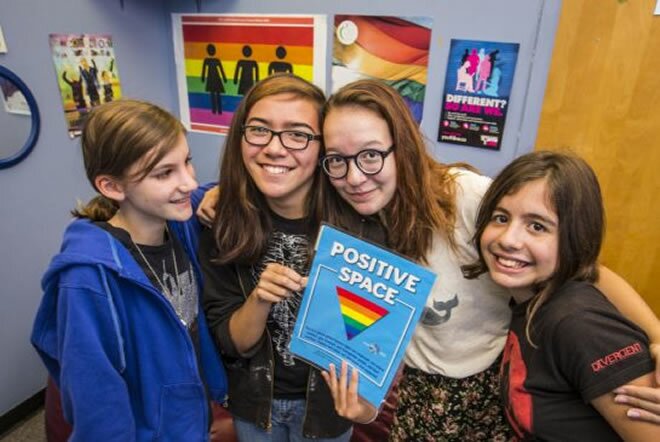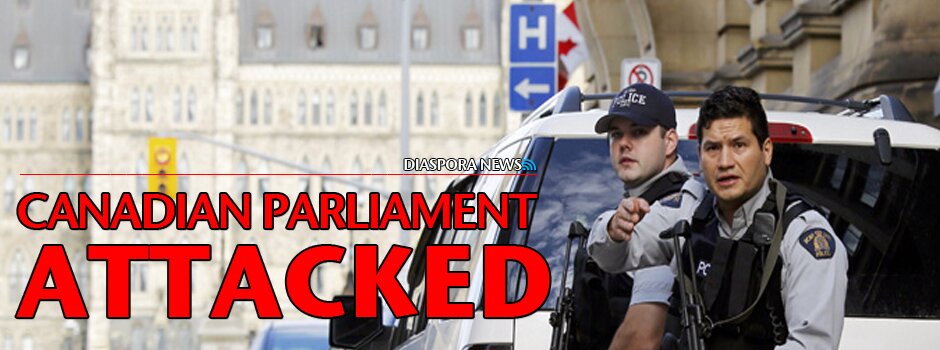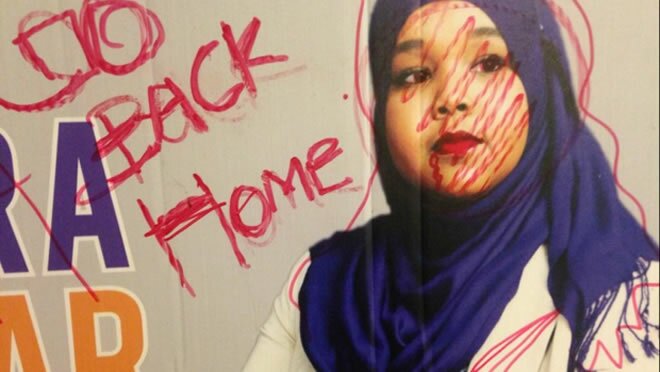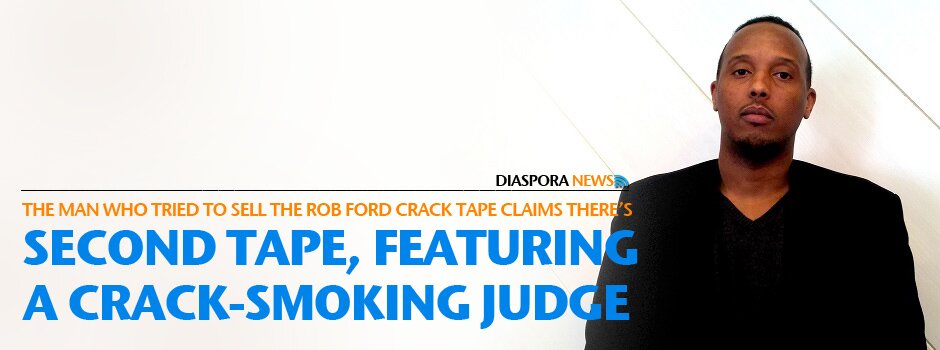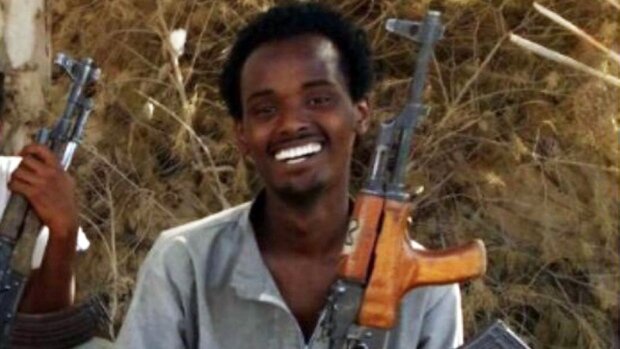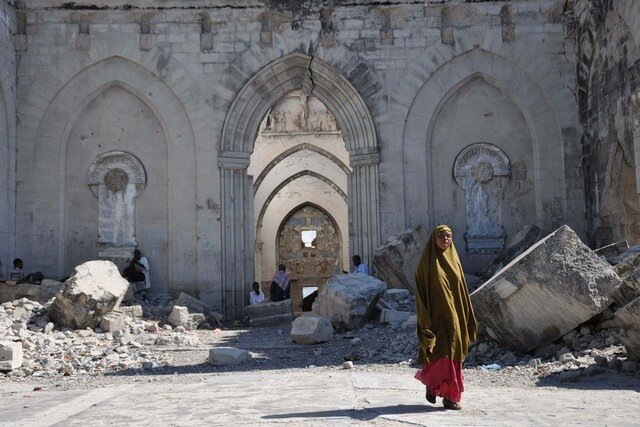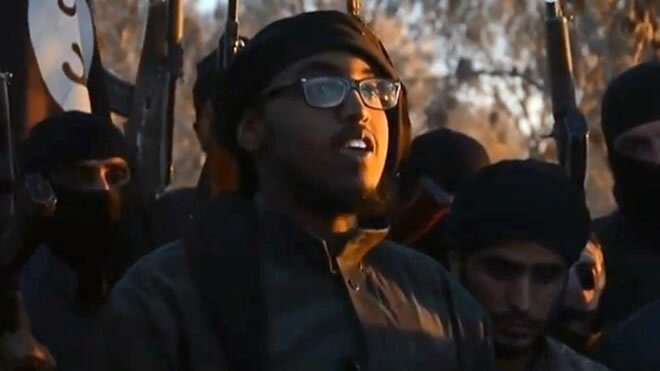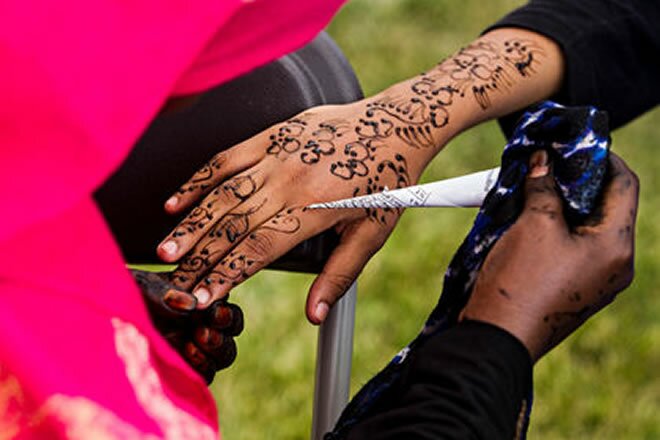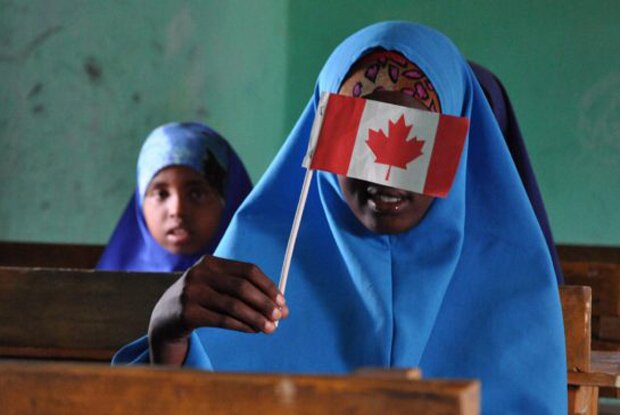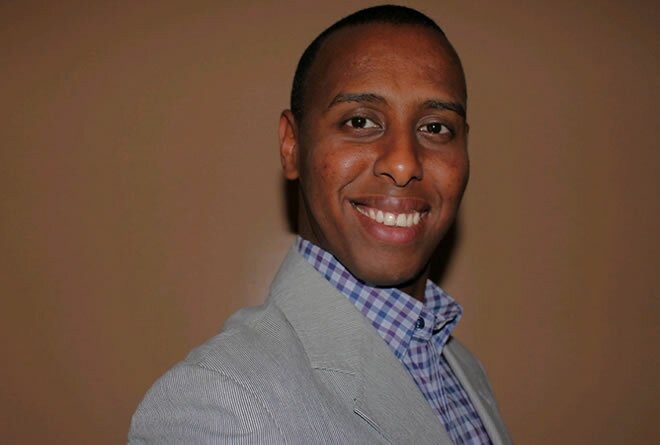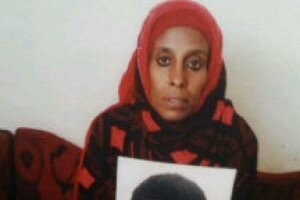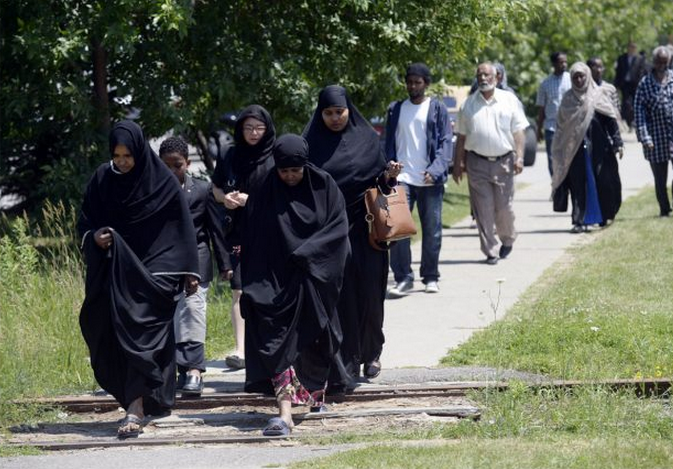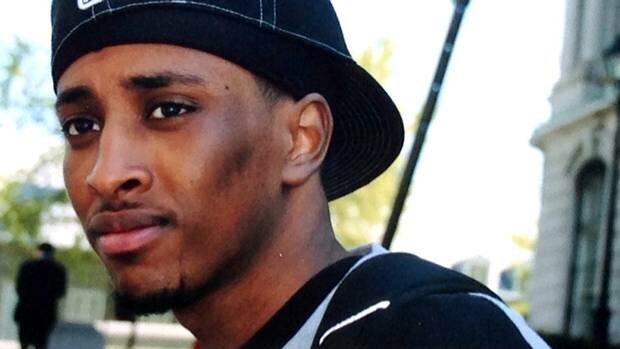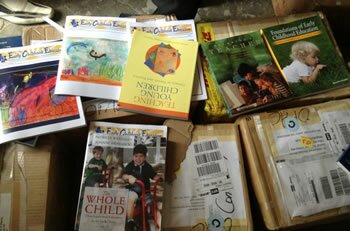The Somali Community of Windsor Providing Positive Change
 As you may already know, many of our new immigrants reside in the west-end. They come from all walks of life and bring with them unimaginable experiences. Initially faced with a variety of struggles, many of these individuals ultimately succeed and provide a better life for themselves and their families in their newfound place.
As you may already know, many of our new immigrants reside in the west-end. They come from all walks of life and bring with them unimaginable experiences. Initially faced with a variety of struggles, many of these individuals ultimately succeed and provide a better life for themselves and their families in their newfound place.
Notwithstanding the services that currently exist for newcomers in the west-end, the intent of this article is to simply build awareness around one community prevalent in the area and outline opportunities that could be sought to better meet the needs of its newcomer population.
The Somali Community of Windsor (SCW) is a community based organization, incorporated as a not-for-profit whose goal is to provide settlement, integration, education and other social services to facilitate active participation in our Canadian mainstream society. The SCW was established and incorporated on November 30th, 1993. However, it was not until after the occurrence of two tragic events involving murders, in 2007 and 2009, that the organization realized the need to strengthen their involvement in working towards creating positive change for Somalis in Windsor.
They asked a simple question: What can we do to help the Somali community and stop this downward trend of crime, ignorance and poverty?
To provide some context to the SCW, let us look at some facts as partly explained by Hassan Awed, a Volunteer and Acting Executive Director of SCW:
- There has been an influx of Somalis to Windsor over the last 10 years partly due to the turbulence back home;
- Many Somalis come from refugee camps;
- Many Somali children come with no education or training and the overwhelming majority cannot speak English;
- The majority of Somali residents in Windsor live in the west-end and many are living in poverty;
- A good sum of Somali families are without fathers for a variety of reasons;
- And the list goes on…
The challenges facing this community are great, but the will and determination of the SCW to meet these challenges and create positive change is even greater. The SCW is working tirelessly, with the help of government grant money and volunteerism, to meet the needs of their people.
“Sometimes, when there is an issue that needs to be taken care of urgently, I am working well throughout the night and early morning to resolve it,” explains Saida Sanura who is the Executive Assistant and Treasurer of SCW.
Just recently the SCW received the Ontario Trillium Foundation grant to conduct a needs assessment for the Somali community. Inherent in this study will be a broader assessment of needs for our immigrant population, many of whom reside in the west-end.
Much like the west-end strategy that I proposed a few months back, the SCW has realized that doing a study outlining gaps and needs will hopefully shine a light on where resources, time and energy could be deployed so that they can be much more effective advocates and provide more targeted help and assistance.
One area of focus for the SCW is our elementary and secondary schools. The group is trying to facilitate a better understanding between Somali children and teachers by educating both parties on their customs, culture, beliefs and way of life. There is progress being made evidenced by an improvement of grades explained by Mohamed Alio, a Coordinator at Harmony After School Program, who works closely with youth and our education system.
There is a lot of work to be done to fully integrate the Somali community into our region, but the SCW is optimistic that the best days are ahead. After all, it has been done with other cultures in our region’s history: Italians, Lebanese, Greek, Chinese, etc. However, in order to effectively achieve this goal, more services and resources must be available. With respect to the services for new immigrants and Somalis in the west-end, there are far and few in between.
“We do not have a medical doctor, a bank, recreational activities or not even a retail store,” exclaims Abdullahi Cisman, President of the SCW.
He says that the west-end has seen its share of neglect for many years and given that many do not have a car, it provides great difficulty for those trying to access critical services in the community. And this does not only affect our new immigrant population, but all residents who reside in the west-end. Hopefully, the needs assessment study will outline these specific challenges. It will be published in late March of 2013.
The Somali community is an integral part of the larger community of Windsor. Their success is our success, but they cannot do it alone. They need your help. A well-known Somali proverb says that “a single finger cannot wash itself, it requires both fingers.”
Only with the help of the broader community can our new immigrants not only integrate, but also flourish. In late November, they will be hosting a fundraiser at the Caboto Club. For more information on how you can get involved, please call their offices at 519-254-2300.
Subscribe and follow us by email at www.ourwestend.com.
Comments
comments
 Calendar
Calendar






